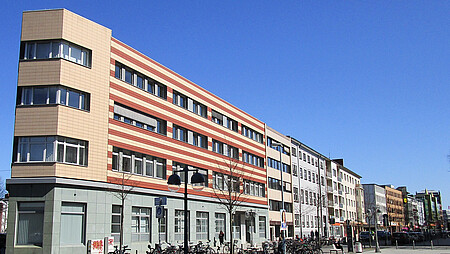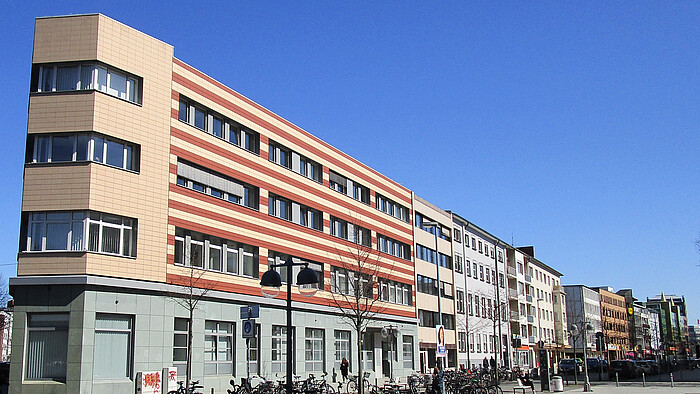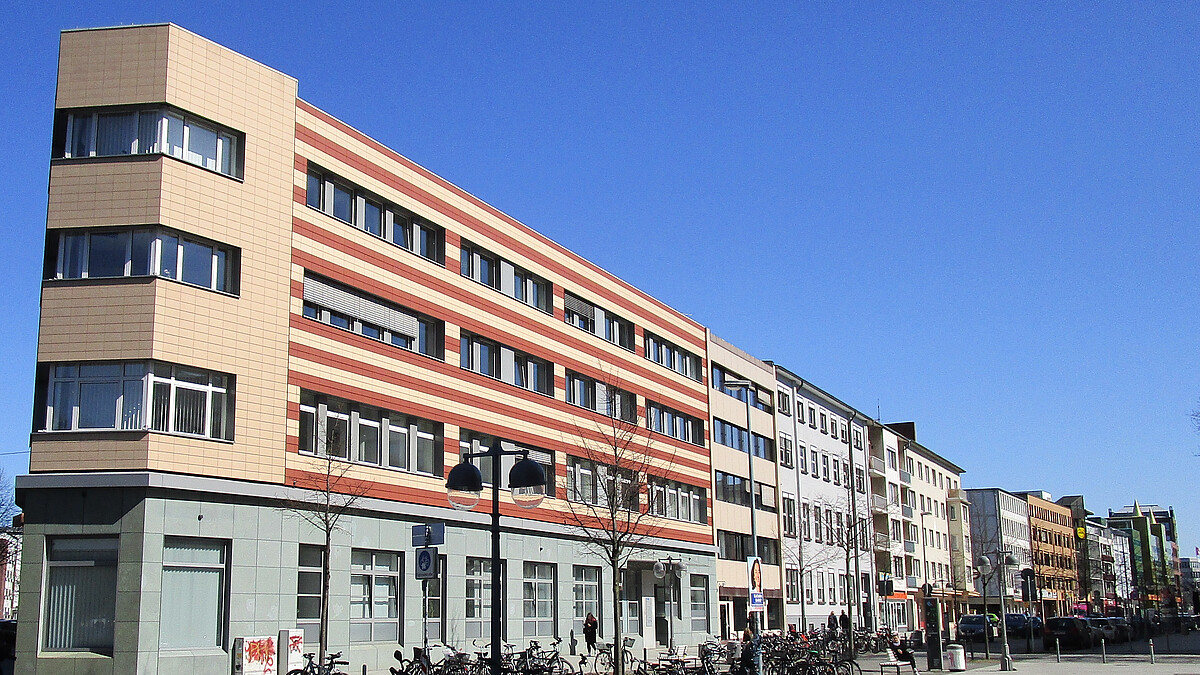The T-PATHS research project is organizing an online workshop ‘Research cooperation between organizations: Space beyond path dependency and path optimization’ on May 5 2025.
What is it about?
Transferring scientific knowledge from basic research to application requires several organizations to take part - universities, non-university research institutions, clinics, start-ups, and companies. In this process, a gradual translation of knowledge takes place in cooperation chains between those organizations. Transfer Paths help to bridge organizational path dependencies created by the repeated use of those cooperation chains, we assume because establishing research collaborations is a complex process.
The T-PATHS project, analyses these transfer paths in the natural and engineering sciences with a particular focus on biomedical research.
Our workshop aims to discuss the extent to which such transfer paths are influenced by spatial contexts.
The keynote by David Kaldewey will take a spatial sociological perspective on the topic. Then, we will present results of our sub-projects for discussion. The focus is especially on investigating and comparing the spatial and organizational conditions of transfer and translation pathways at German universities from both a quantitative and qualitative methodological perspective.
For further information including registration, refer to the T-PATHS Homepage.






